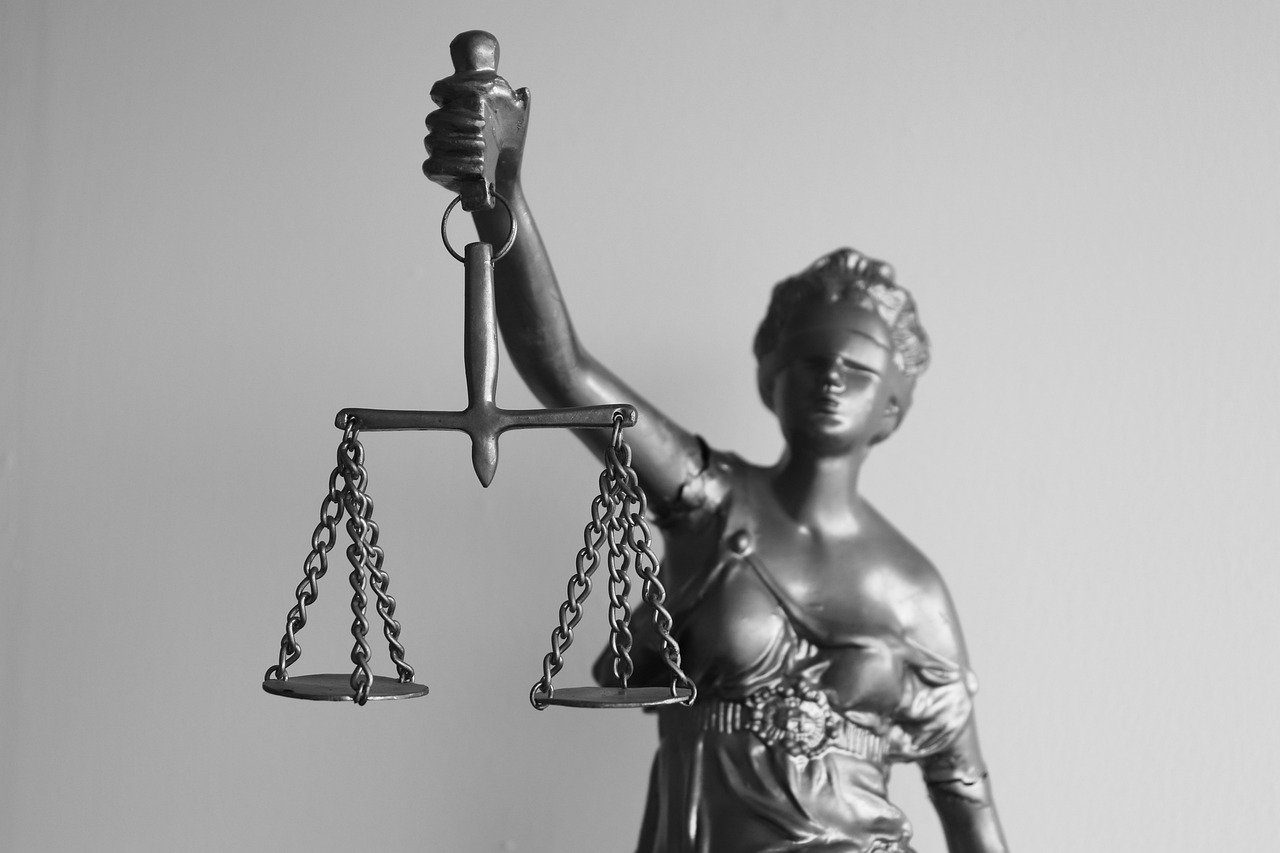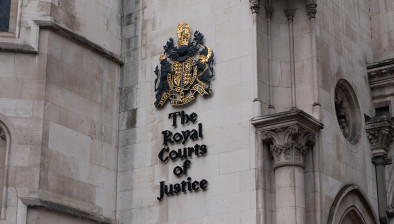Nigeria: Girl survivors of Boko Haram still being failed by government inaction

Girls and young women who escaped Boko Haram captivity in north-east Nigeria are still being neglected by the country’s authorities, one year after Amnesty International’s report and launch of the #EmpowerOurGirls campaign.
In June 2024, Amnesty International published ‘Help us build our lives’: Girl survivors of Boko Haram and military abuses in north-east Nigeria, documenting how girls and young women were requesting support as they attempted to heal and reintegrate into society.
Now, survivors have told Amnesty International that the government is still failing to provide adequate reintegration services and they are unable to support themselves or their families.
In February 2025, Amnesty International remotely interviewed seven recently-escaped survivors who were forcibly married to Boko Haram members, and one survivor who lived in Boko Haram-controlled territory. Seven survivors were between the ages of 12 and 17; the other was a 22-year-old woman who was forcibly married to a Boko Haram fighter as a child.
None of the survivors were offered any tailored reintegration services or made aware of available counselling, vocational training, or other support services. In seven cases, when child survivors encountered security forces after leaving Boko Haram, they were not transferred to civilian authorities for appropriate care, as specified by the terms of the handover protocol signed between the Nigerian government and the United Nations in 2022.
According to the Convention on the Rights of the Child, Nigeria should take steps “to promote [the] physical and psychological recovery and social reintegration” of children who are victims of armed conflict.
The African Children’s Charter and the Maputo Protocol also oblige Nigeria to afford special protection to girls and women against early and forced marriage.
“One year later, it is unacceptable that the Nigerian authorities still cannot ensure these girls and young women are able to rebuild their lives in safety,” said Isa Sanusi, director of Amnesty International Nigeria.
“The moment girls or young women leave Boko Haram should mark the start of their reintegration into society – and yet, many have told us they are still being left to fend for themselves and are struggling to survive.
“Victims of Boko Haram abuses, including forced marriage and trafficking, are still not being identified and helped. Girl survivors are still overwhelmingly invisible to the government authorities.
“We call on President Bola Tinubu and the Nigerian government to take urgent action to support survivors of Boko Haram. These girls and young women must be empowered, and have immediate access to medical care, education, and livelihood support.”










